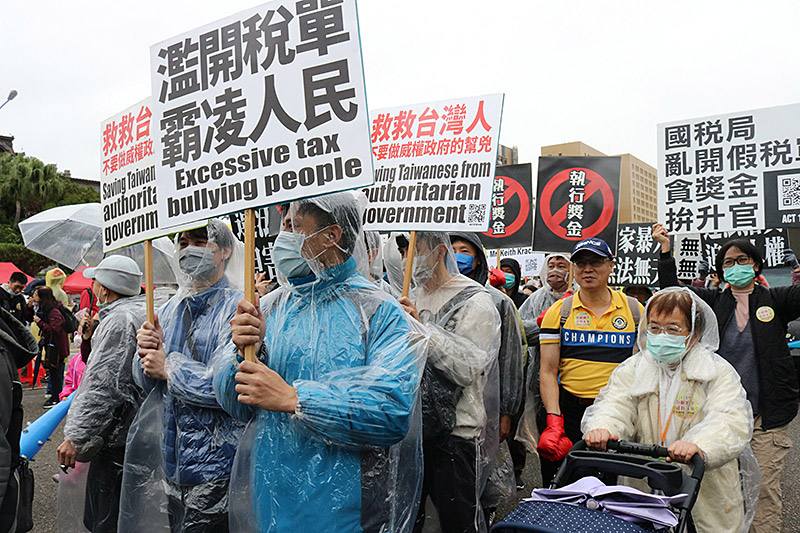PAPUA NEW GUINEA: Government steps down to step up malaria fight
PORT MORESBY, 19 July 2011 (IRIN) - As Papua New Guinea continues its battle to contain and prevent malaria, officials say the government's decision to resign as the principal recipient (PR) of monies from the Global Fund to Fight AIDS, Tuberculosis and Malaria, will improve its response.

Malaria remains a serious health risk
"Stepping down as a PR was a difficult decision to make," Leo Sora Makita, principal technical adviser for malaria and vector-borne disease for the National Department of Health (NDOH), told IRIN. "We actually had to step down because we need a principal recipient that can effectively manage the funds and report back to Global Fund."
The decision followed a Global Fund audit in September and October 2010, when it found the NDOH had not complied with grant guidelines and some US$7 million had been misdirected.
Makita agreed there were some weaknesses in the system and the funds were not managed effectively. Since April, when the NDOH announced it would no longer shoulder the management of the $50 million in Global Fund grants, discussions on how to keep the money flowing to this South Pacific island nation have taken place behind closed doors with the Global Fund's country coordinating mechanism.
"In general, when changes of PRs occur in countries, there are certain delays and disruptions in programme implementation. However, life-saving treatment is never affected," said Marcela Rojo, spokeswoman for the Global Fund in Geneva.
The new PR
Oil Search, one of PNG's biggest and oldest companies, was appointed the new PR at end-June. In addition to producing oil and gas in PNG, Oil Search has run several successful anti-malarial programmes since the 1990s and says it has an expertise that can be tapped for its new role.
"When NDOH was looking at pulling out of managing the money, we put our hand up to take on the responsibility," Peter Botten, managing director of Oil Search, said. Botten said he foresees a more predictable and effective delivery on the Global Fund grant goals with Oil Search at the helm of money management, but working in conjunction with NDOH.

Malaria is endemic in parts of the country
Malaria priority
With 90 percent of the nation's six million people at risk of contracting malaria, combined with a growing resistance to Chloroquine, the first line of treatment, the government of PNG considers malaria among the country's top five health issues.
The country achieved a 26 percent decrease in malaria cases from 2004 to 2009, from 1.9 million reported cases in 2004 to 1.4 million in 2009, according to the World Health Organization (WHO). But such a reduction does not constitute a success story just yet, said Zaixing Zhang, malarial scientist with WHO in Port Moresby, the capital.
"Malaria control is one of the priorities of the country and national health plan. It's not under control, but the number of reported cases is going down," he said.
There is a growing fear that positive gains may be undone due to the increased population mobility following the unprecedented boom in resource development.
"There is a big increase in population mobility, allowing for dispersal of malaria parasites across the country as well as changes in the environment due to resource developments like logging, mining, oil drilling and plantation projects that create more vector breeding sites," said Iraingo Moses of Population Services International (PSI).
In a paper to a workshop on malaria in Port Moresby in March, Moses said the general worsening of health services and the breakdown in drug supplies in rural areas had also increased malarial risks.
The recent decision by the NDOH to turn inward, restructure and bolster its capacity reflected this reality, some say.
In his letter to the Global Fund in which the NDOH requested to cease its PR obligations, Clement Malau, the head of NDOH, said the health and financial systems in Papua New Guinea were fragile and needed continued support to meet all their obligations.
As Oil Search assumes the PR role in the beginning of 2012, NDOH will still implement malaria projects while overhauling its operations.
Source:IRIN
- 420 reads



